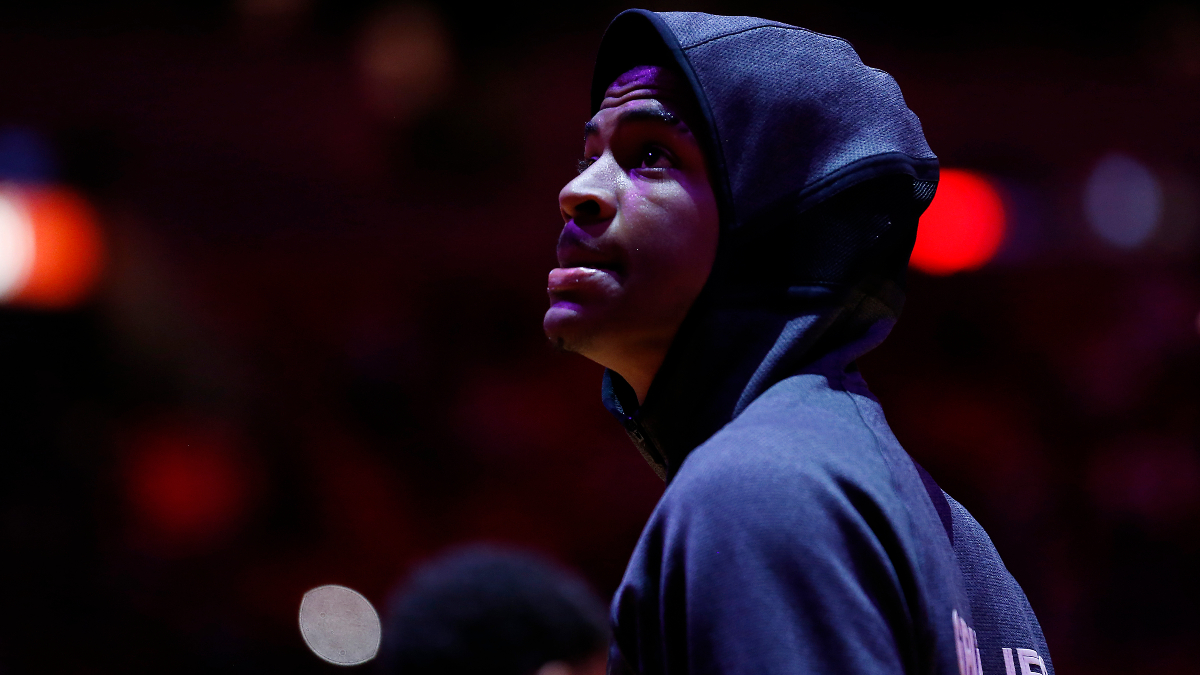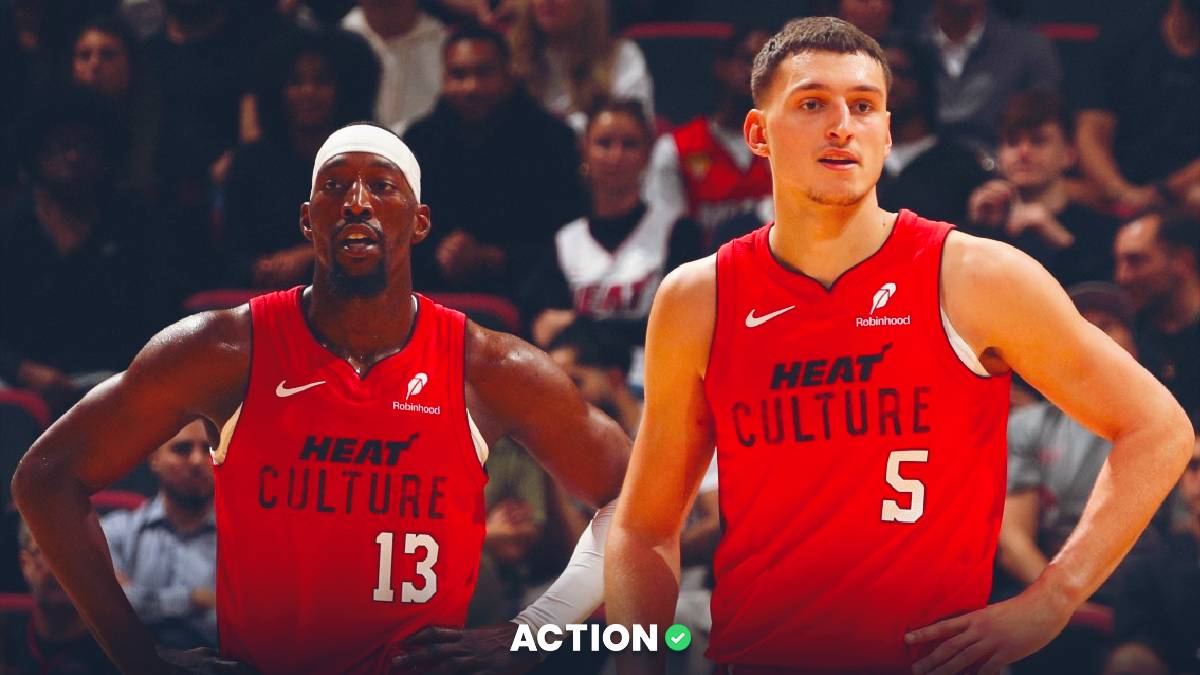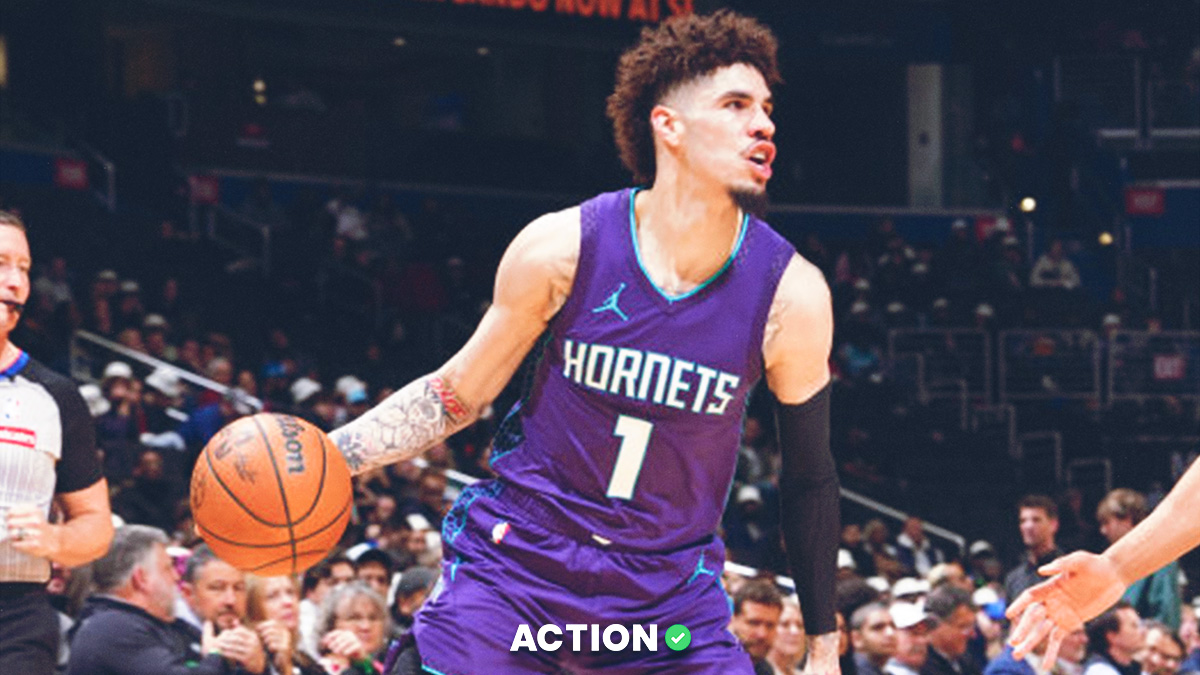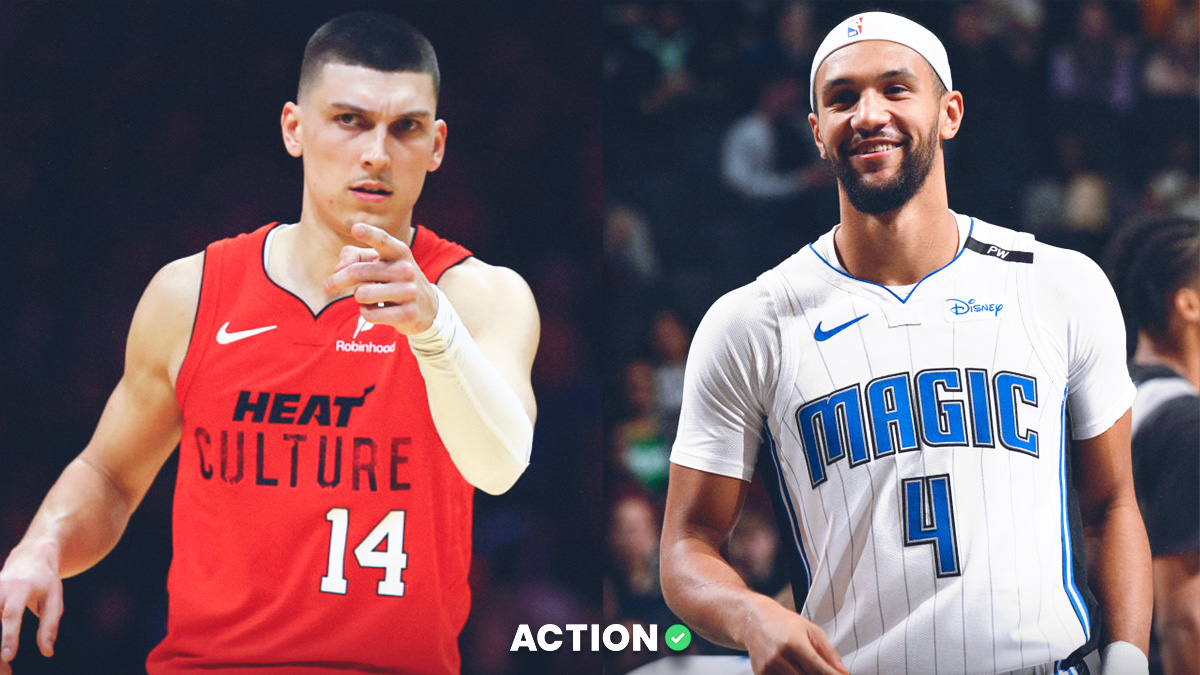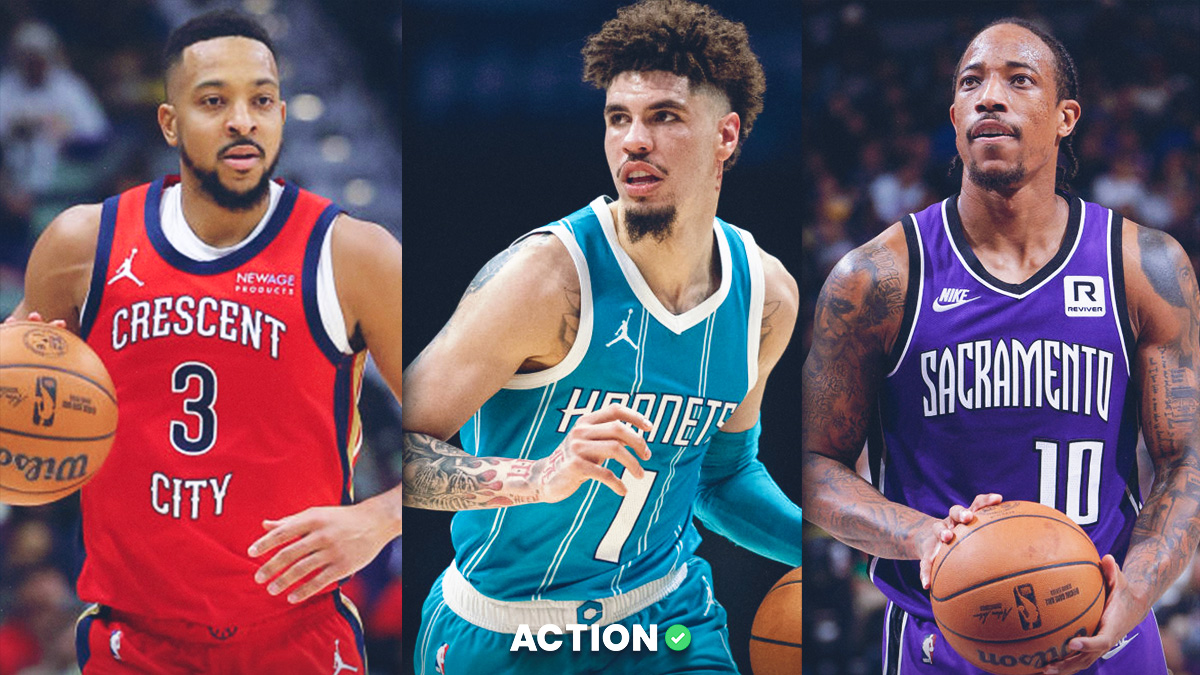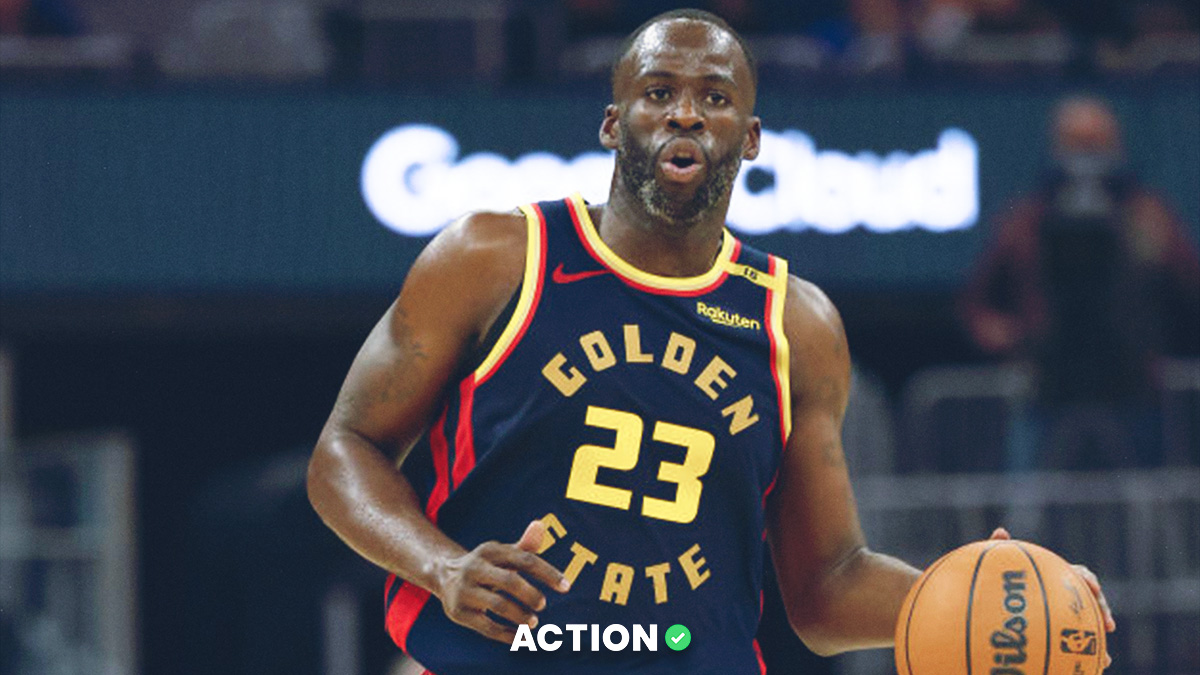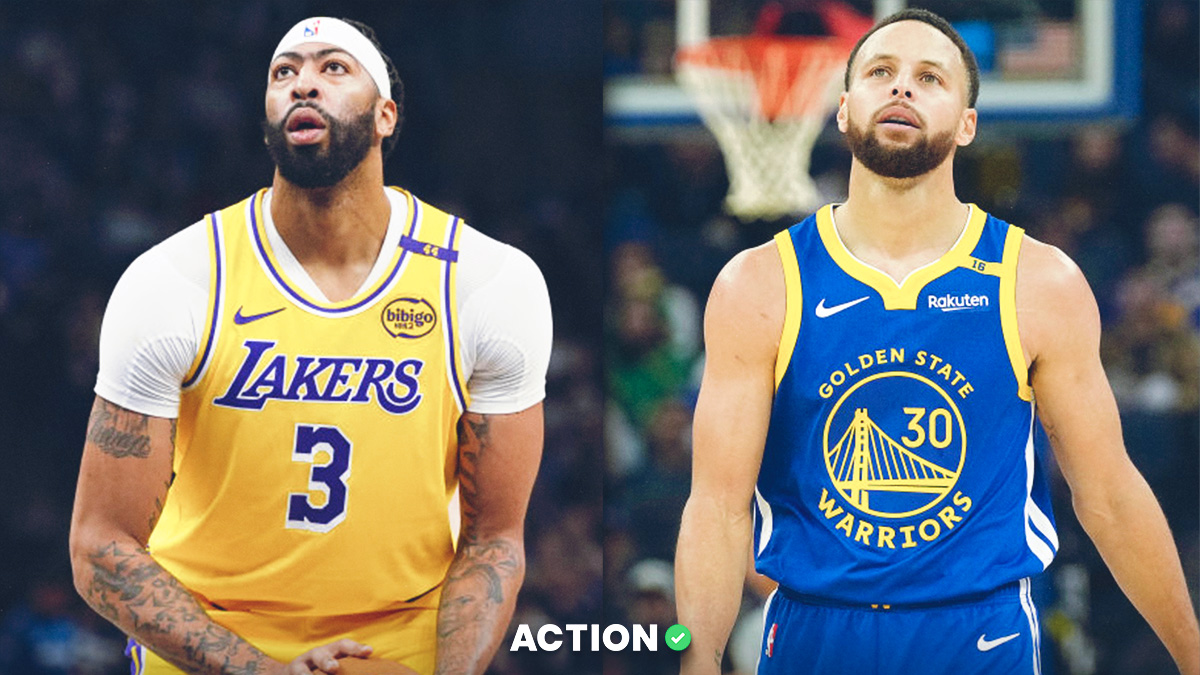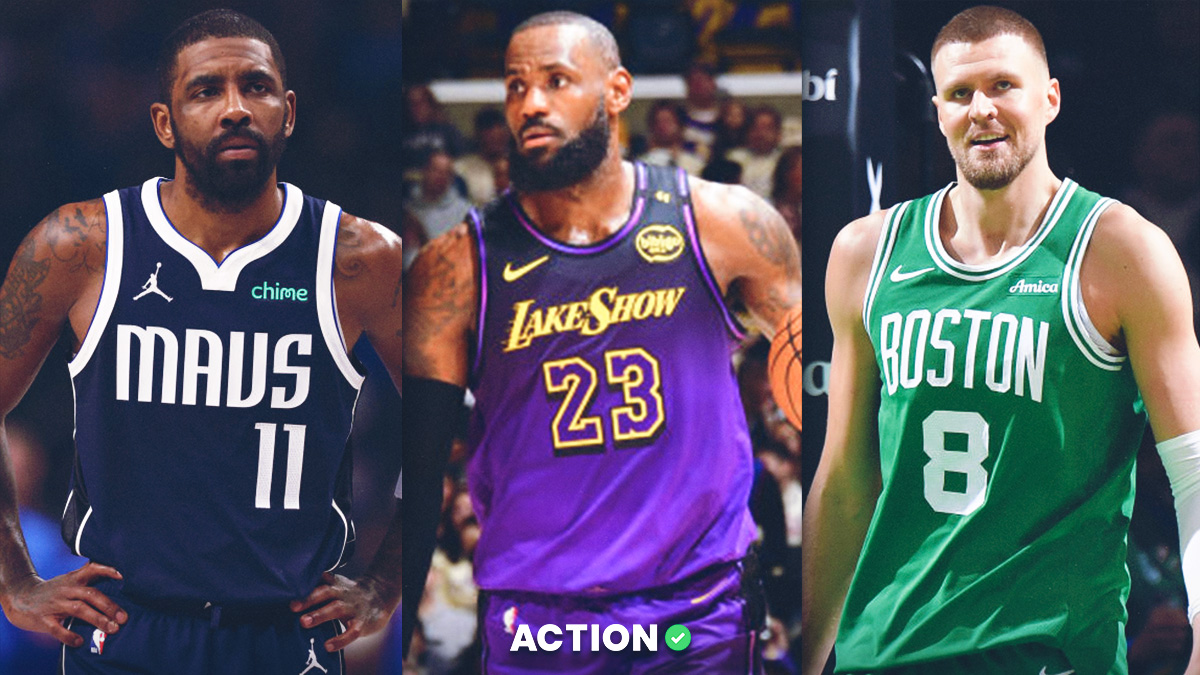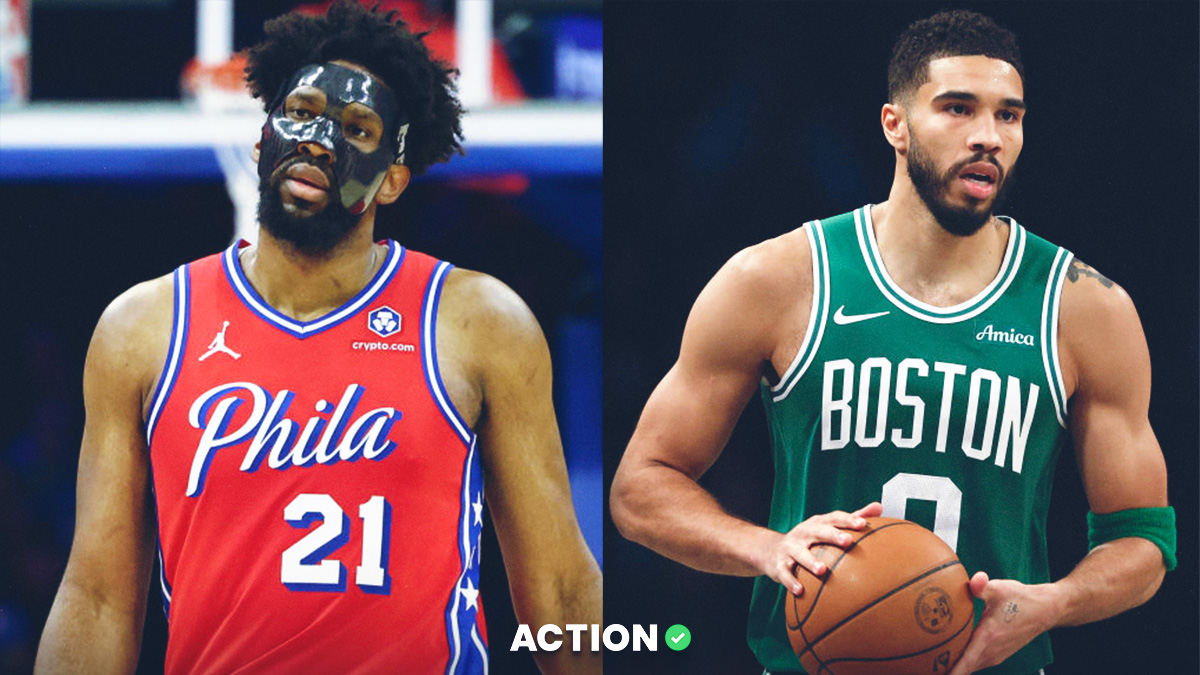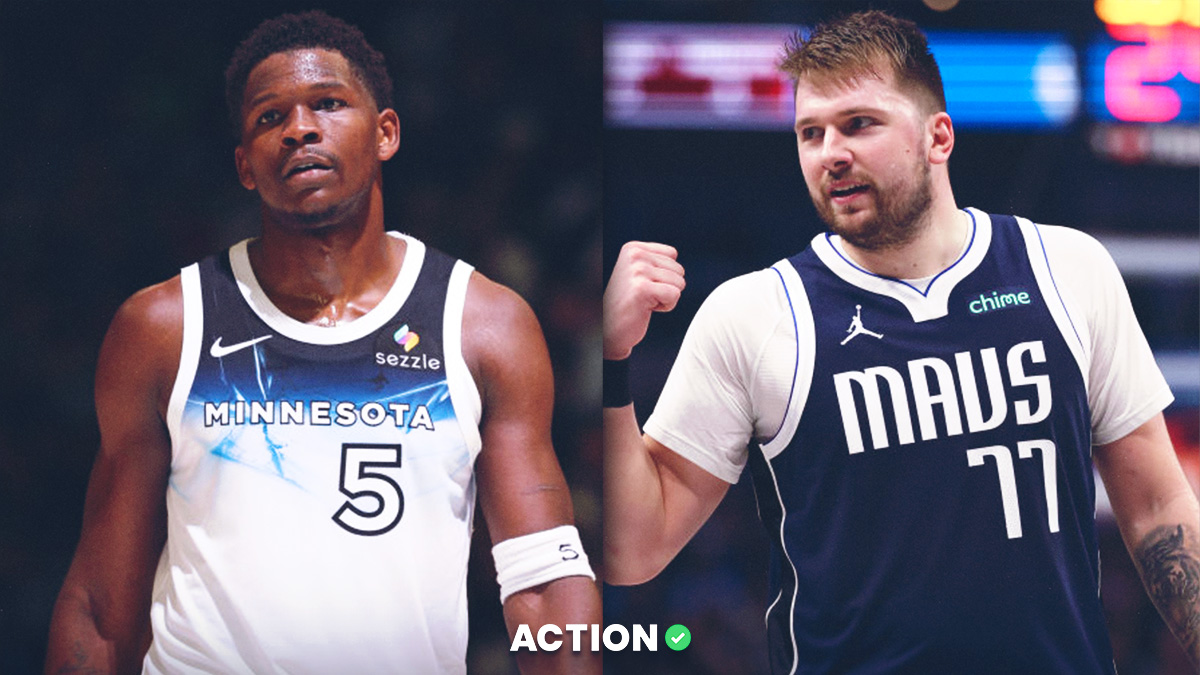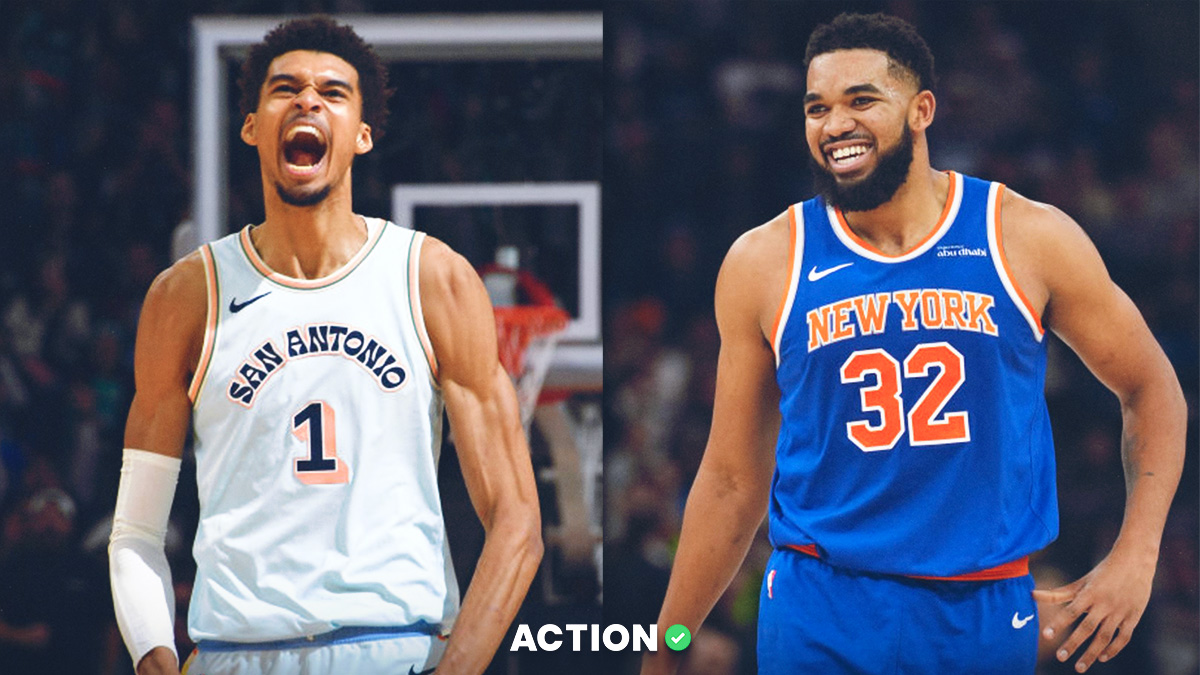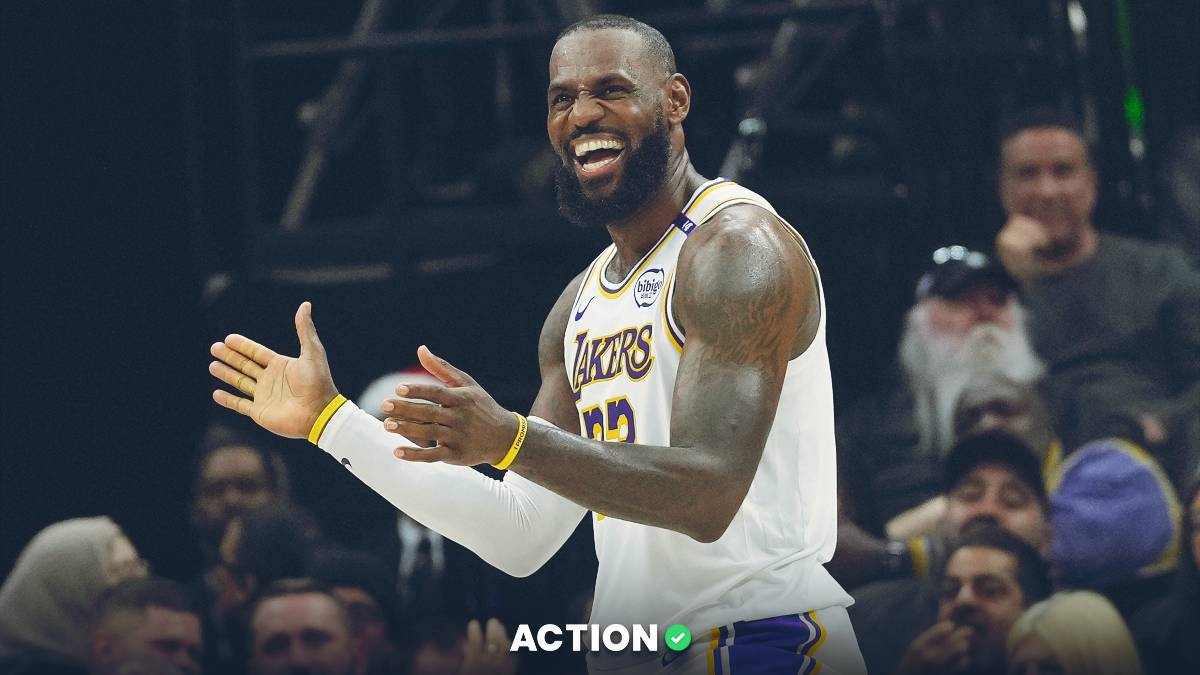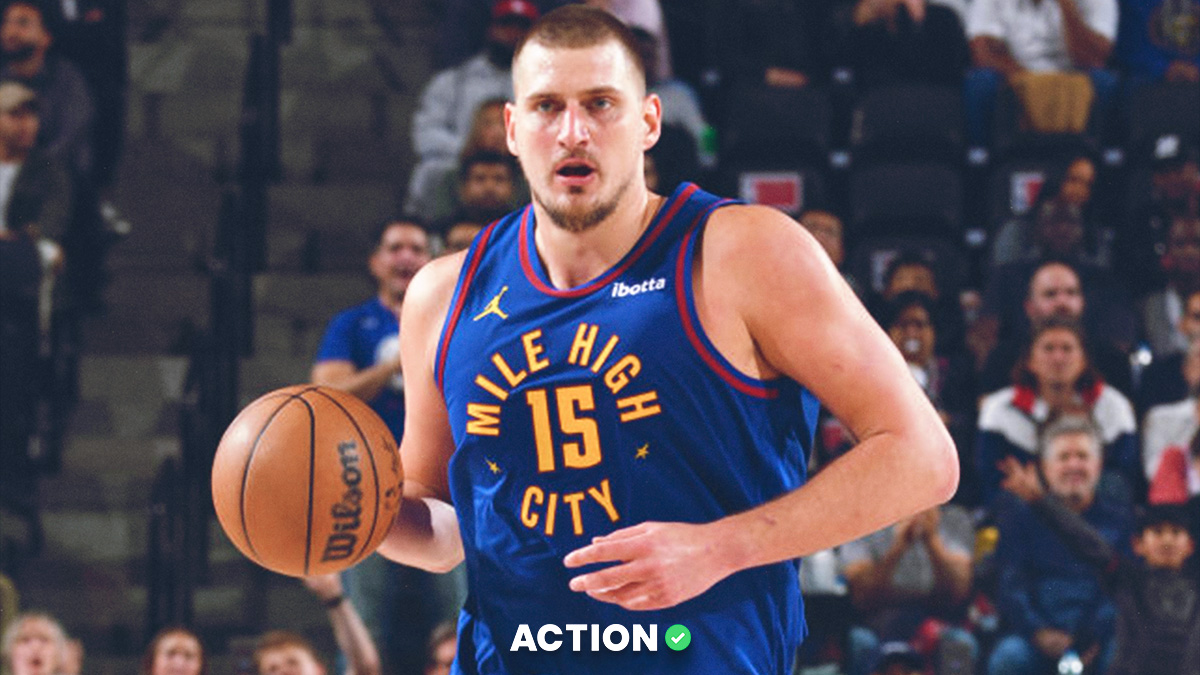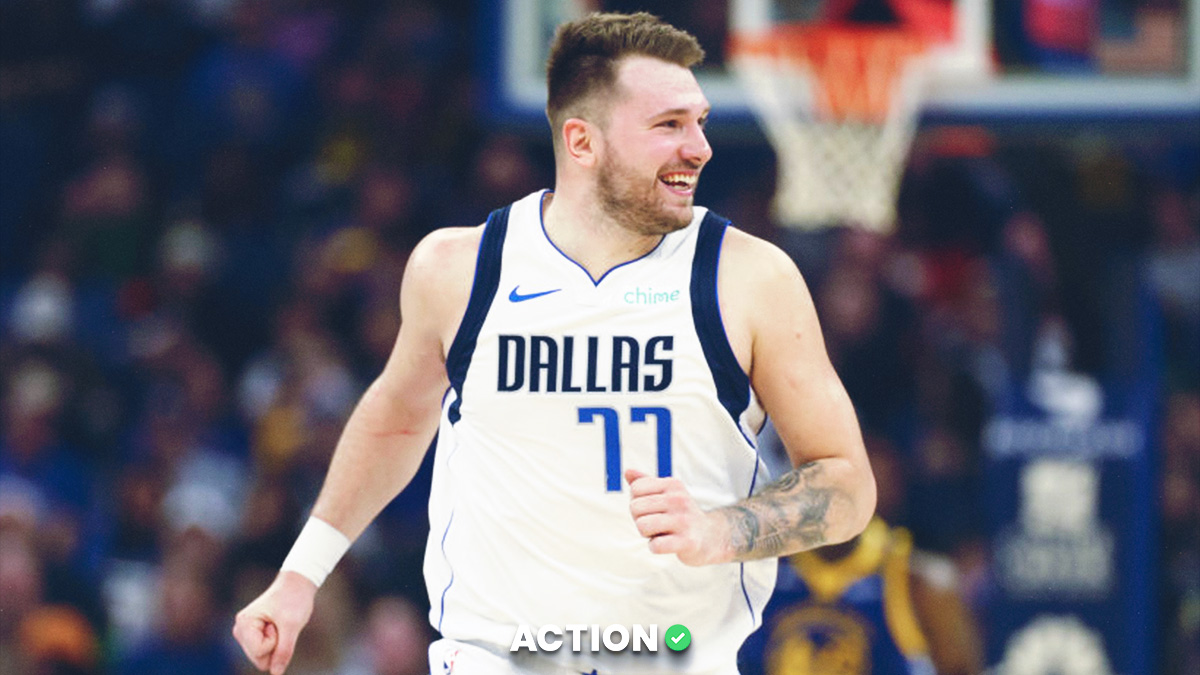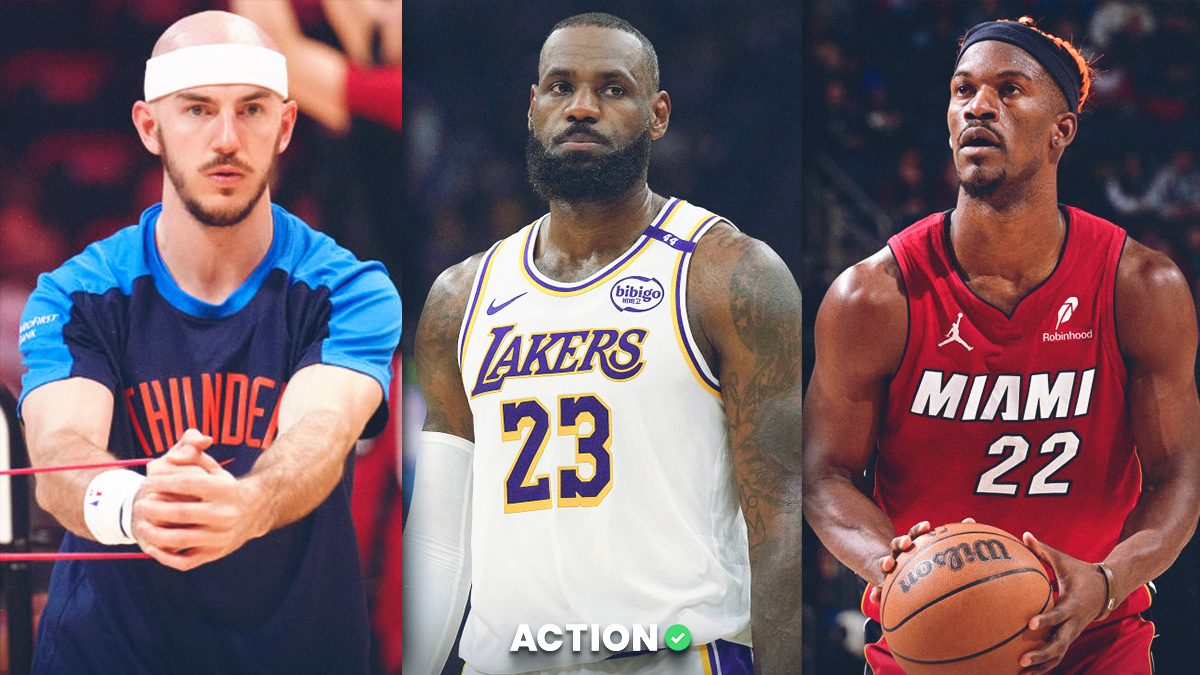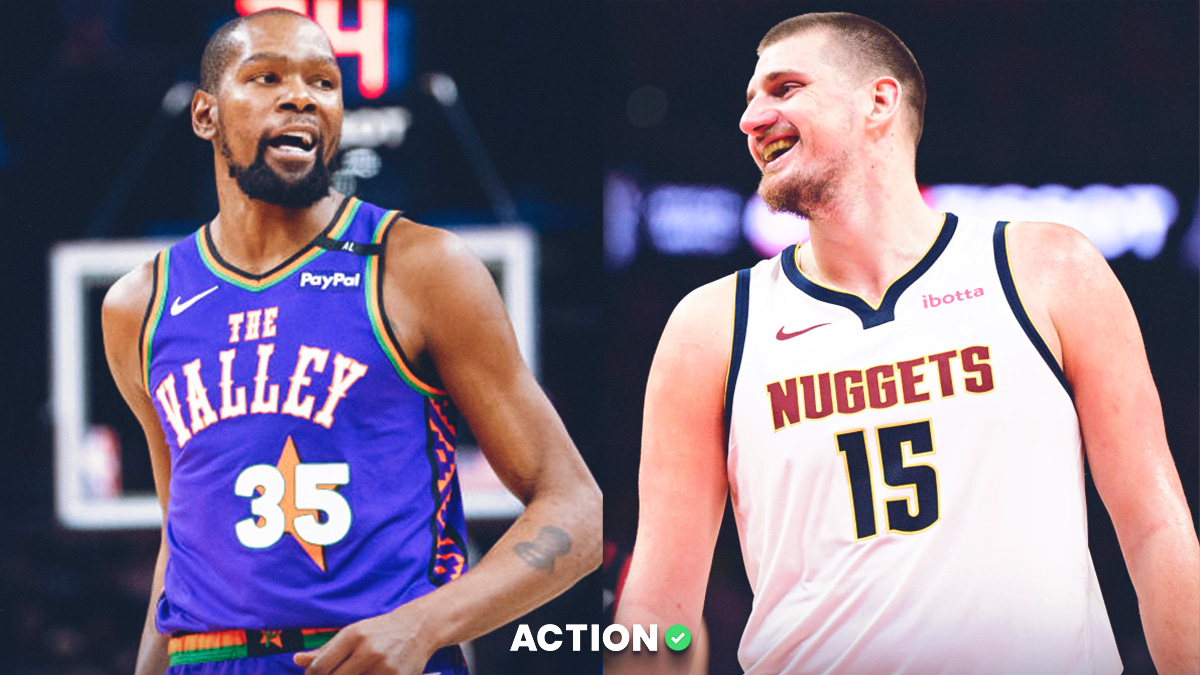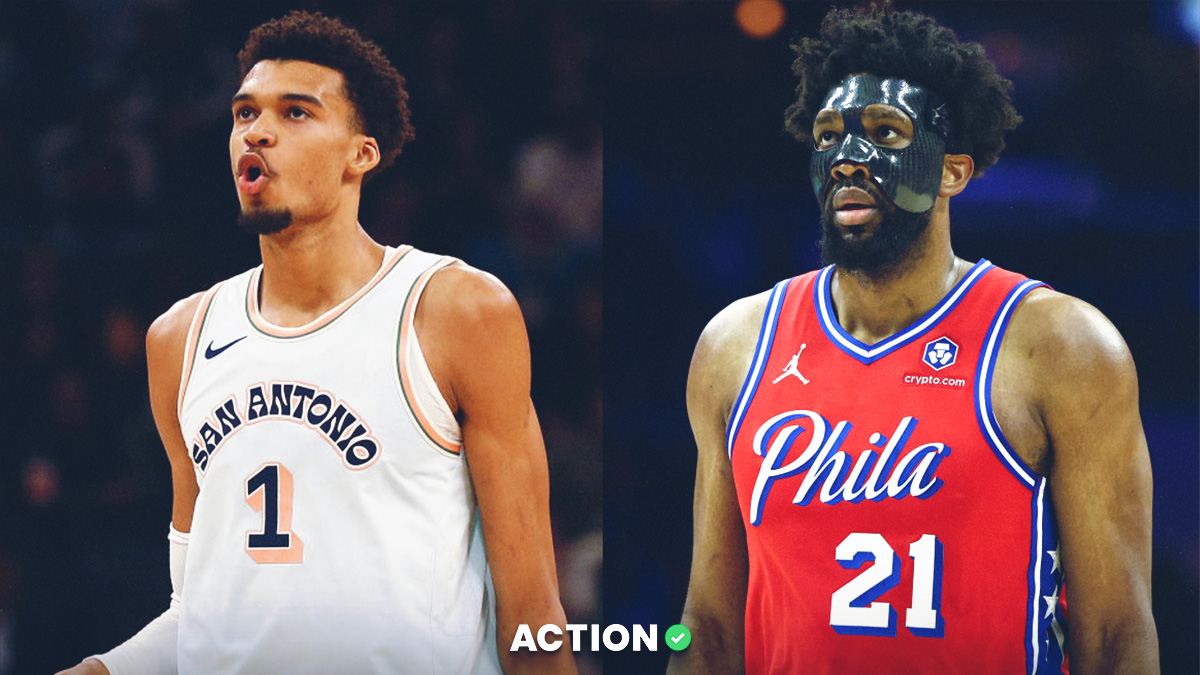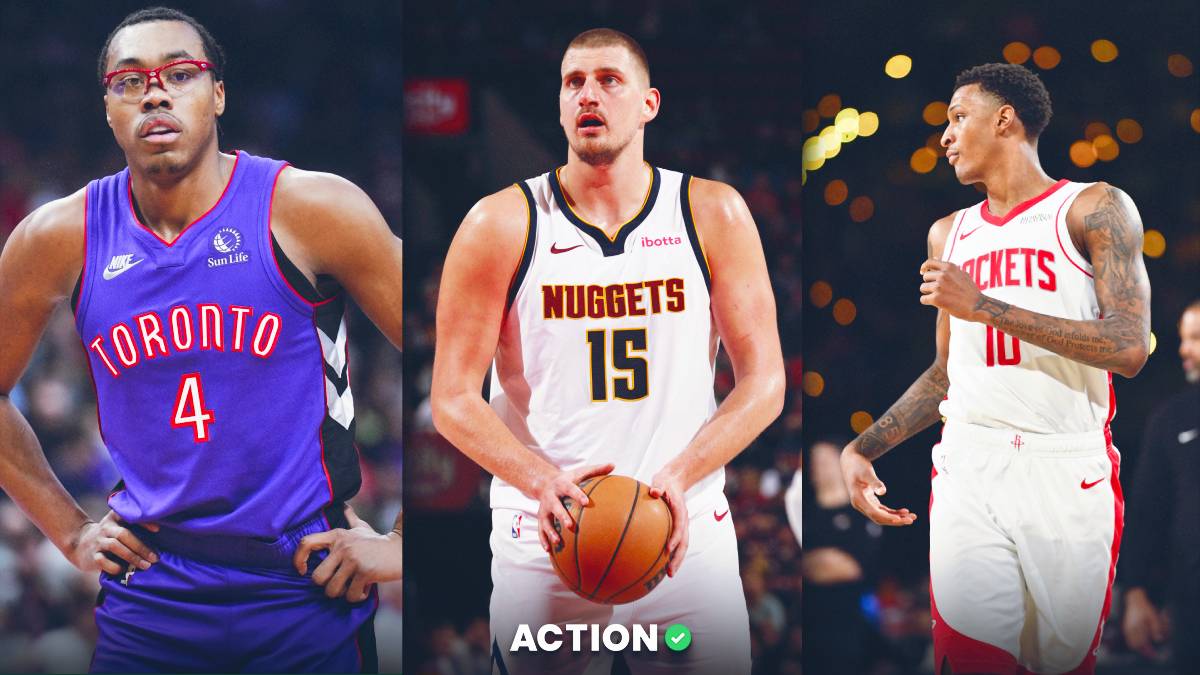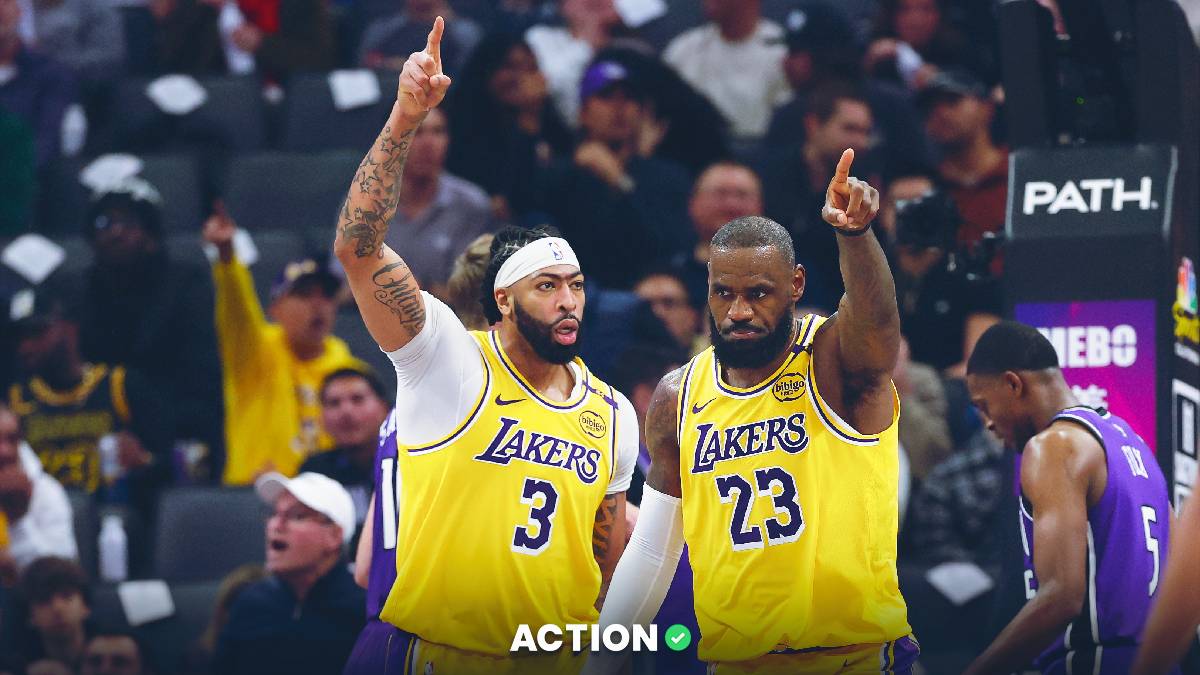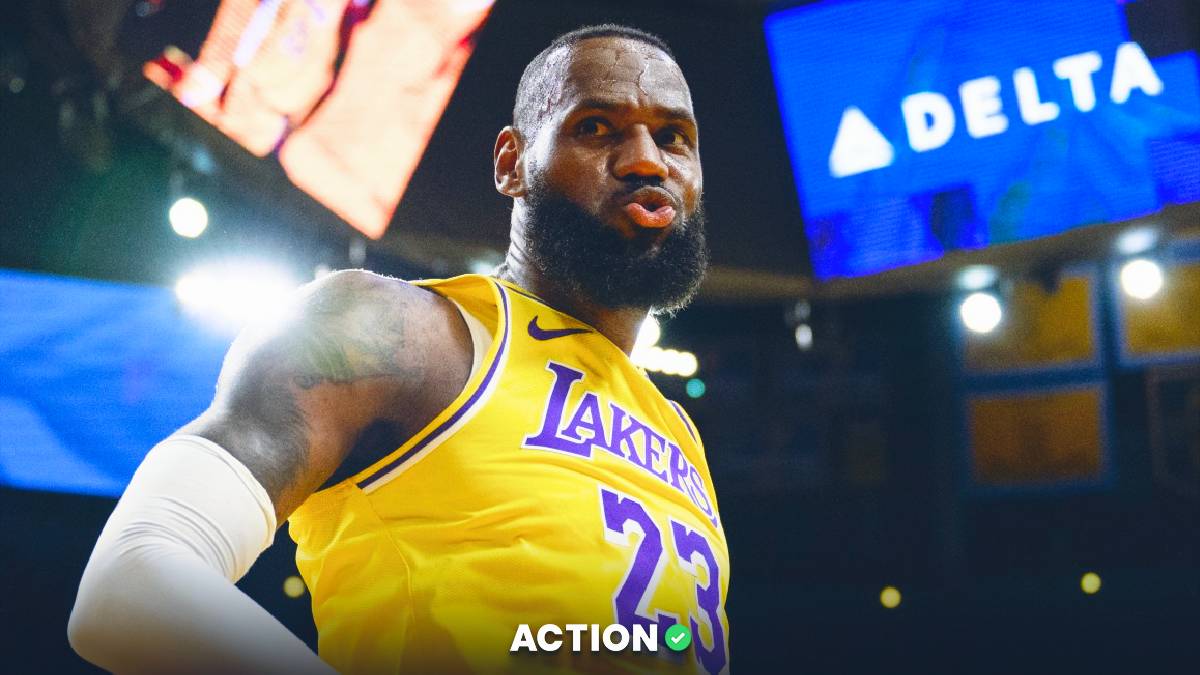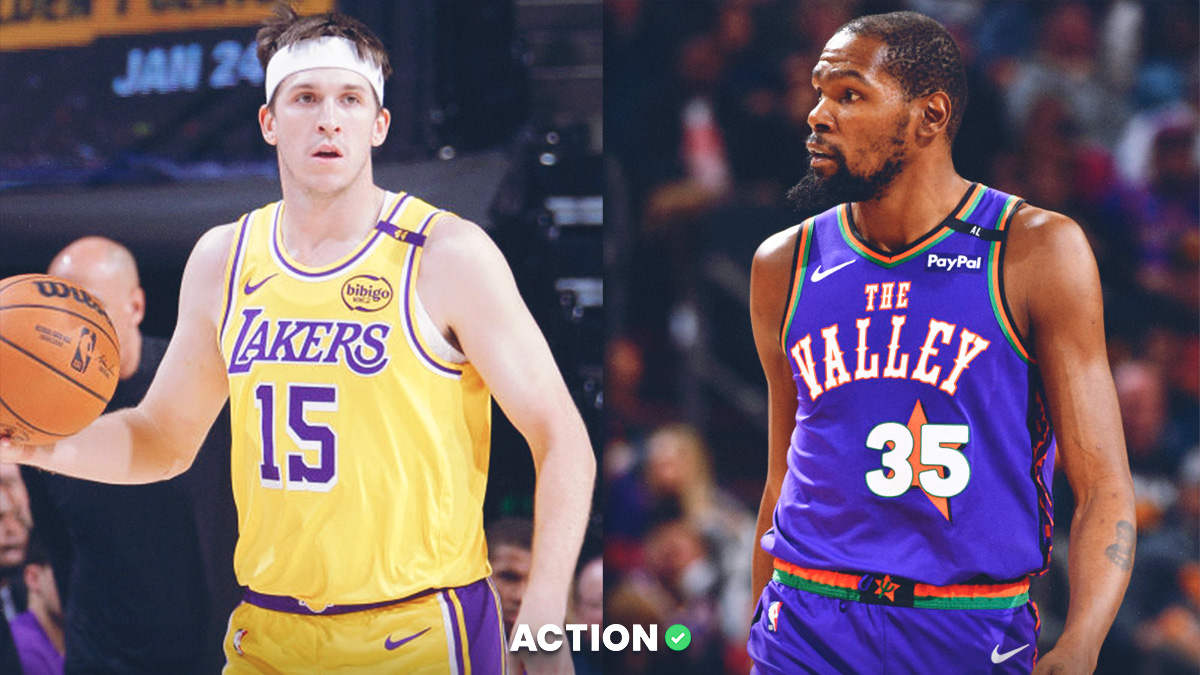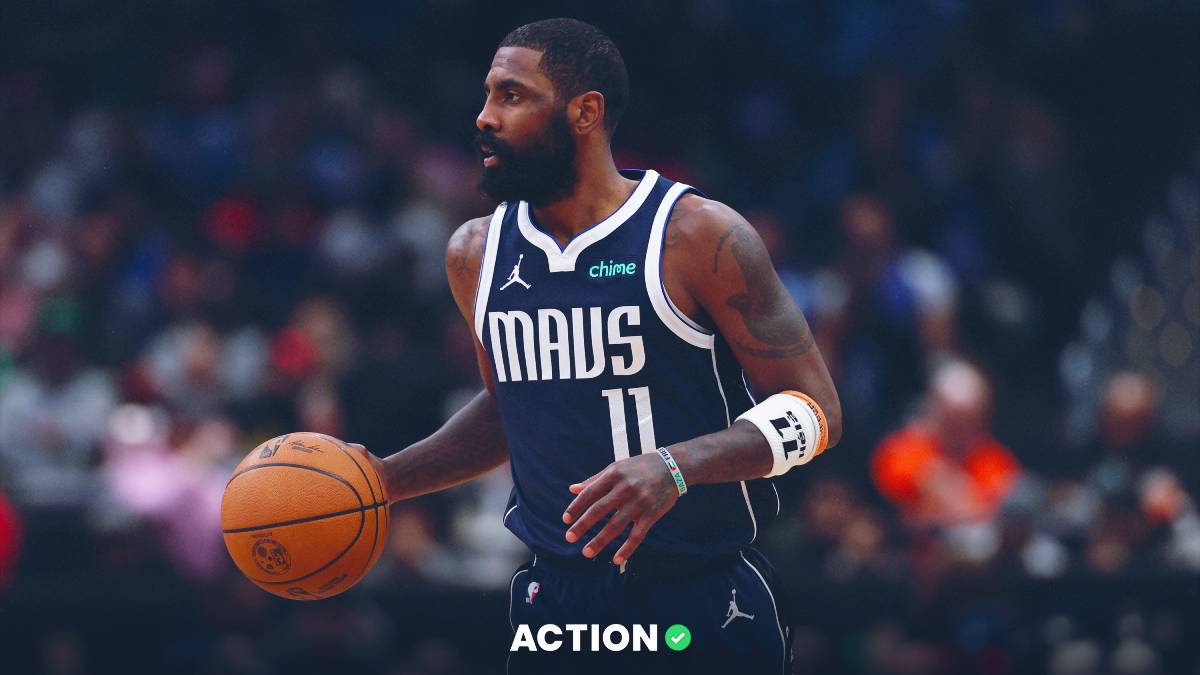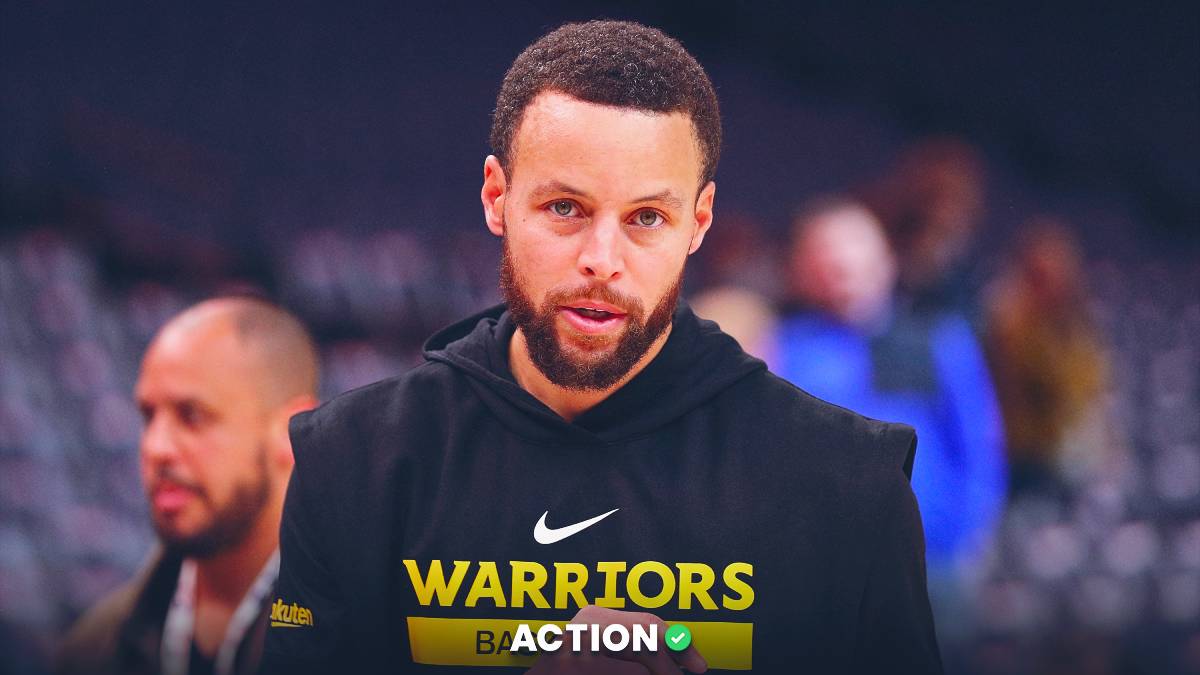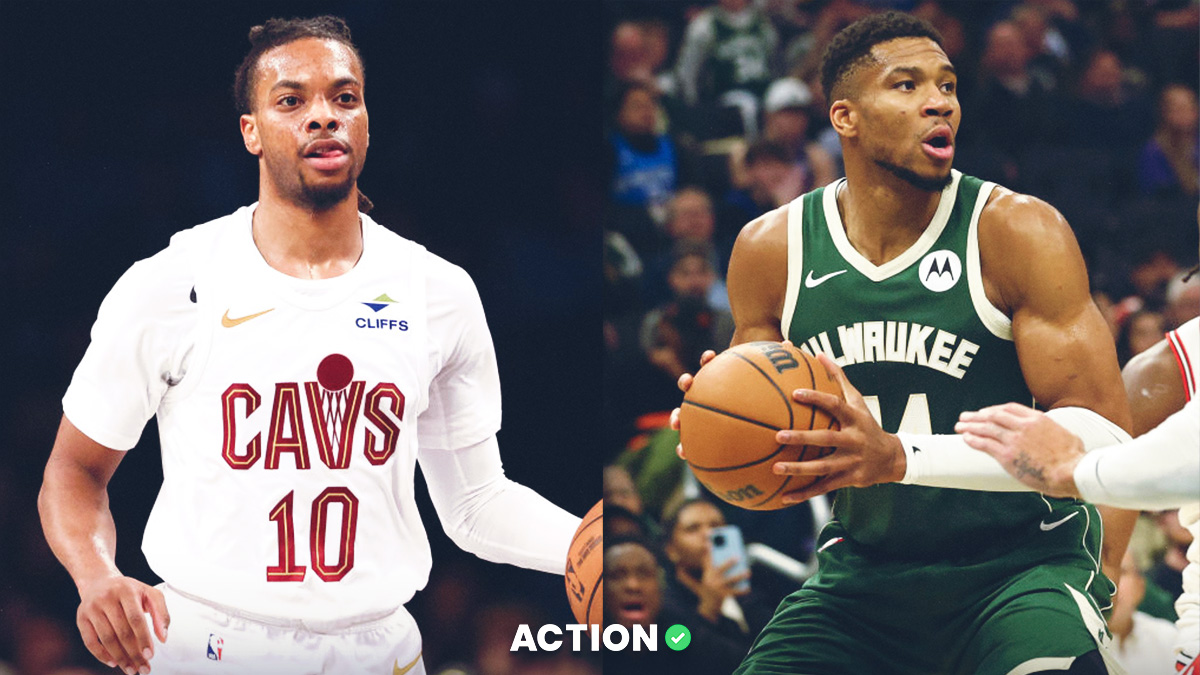The NBA announced the schedule for the eight remaining regular season games to be played in Orlando upon resumption starting July 30. There's a lot that has to go right over the next four weeks, especially given the rising number of COVID-19 cases in Orange County, Fla.
But we can at least start to analyze the schedule for possible betting insights with the understanding that no one really knows what to expect — that includes bookmakers.
You can read team-by-team schedules for the 22 teams in Florida here.
One of the key elements is that not all teams played the same number of games before the season was suspended. So it's important to look at win percentage based on scenario of outcome.
Here's the breakdown of where every team would finish in win percentage based on all nine potential outcomes of the eight-games. Let's start with the East:
So right off the bat, you see a few things. One, the Sixers will have to beat out the Pacers in seeding play to catch Indiana for a higher seed. Meanwhile, if the Heat go 4-4, Indiana has to finish 7-1 to jump up and escape the 4-5 matchup (and meeting Milwaukee second round.)
When you see it positioned like this, inviting the Wizards even before Davis Bertans opted out makes little sense.
If the Wizards, a team vastly under .500, manage to go 4-4 in Orlando, they will still need either the Nets or Magic to go 2-6 or worse just to force the play-in. Let's be generous and give the Wizards a magical (pardon the pun) 5-3 record in Orlando. The Magic would need just two wins to keep Washington from a play-in if they're eighth.
However, it should be noted that the Nets and Magic play twice. The Wizards' best path for getting in involves the Nets. If Brooklyn loses twice to the Magic, and the Wizards beat the Nets, that gets Brooklyn to three losses already. Then let's add on losses to Milwaukee, Boston, and the Clippers. Even if the Nets (without Kyrie Irving and Kevin Durant) win the other two games, that puts them to 2-6.
The Wizards could then go 3-4 in their other games, say with wins vs. Phoenix or New Orleans, Indiana, and Milwaukee or Boston if the two have stopped playing starters in their final two games. That at least gets the Wizards into a play-in situation.
At the top, the Bucks need just two wins to secure the No. 1-seed in the East.
Here's the West:
The Lakers' magic number for the No. 1-seed in the West is three games.
The Jazz are likely in the most precarious spot. They have questionable chemistry after the reported rift between Donovan Mitchell and Rudy Gobert, along with losing Bojan Bogdanovic for the season.
The Jazz face a tough schedule as well. Four of their games involve teams that are on the bubble, which is good because those teams aren't as talented, but bad because they'll all have extra motivation to play hard. The Jazz play the Lakers early when LA likely is still trying/not resting, and they have tough matchups throughout.
They'll face the Spurs twice, but without LaMarcus Aldridge, they are likely to play a more wide-open, 3-point heavy style that could give the Jazz issues.
The Nuggets have the fourth-toughest schedule, but it's notable that their toughest opponents (Clippers and Lakers) are the last two games on their schedule. If the Clippers have locked a top-3 seed they likely won't care about finishing second vs. third given the absence of homecourt.
Houston's first four games are brutal. It includes the Bucks and Lakers, along with the Mavericks and Blazers who beat them thrice combined in the regular season.
Then, of course, there's the mess for the eighth and ninth spots. You'll notice the huge lead Memphis has here. If the Blazers or Pelicans go 8-0, Memphis can still go 5-3 and still hold onto the 8th seed, let alone a chance for the play-in.
Memphis is absolutely a lock for the play-in. They're not up enough to pull away from whoever comes out of the mess behind them, but also up enough to where it's not probable in any sense for two teams to jump them.
The Pelicans have the easiest remaining schedule, which is fitting as they had the easiest when play was suspended as well.
However, they play the Kings twice, which opens the door for Sacramento.
Portland is the real wild card. They get back Jusuf Nurkic and Zach Collins, two essential players in their frontcourt. But they lose Trevor Ariza who helped considerably on the defensive end. The Blazers also face the Rockets, Nuggets, and Clippers in consecutive games, and then a back-to-back vs. the Sixers. The Blazers will have to earn their way in.
I think the Spurs have a better chance than most would think even after LaMarcus Aldridge was announced out, I explained why here.
There's very little reason to explain why the Suns are going to Orlando. I get it, it's the money, but look at that chart. If they were to go 8-0, a virtual impossibility, they would still need the teams ninth and lower to finish 5-3 or worse.
Strength of Schedule
Let's take a big picture look at strength of schedule quick, thanks to NBA.com's John Schuhmann:
Cumulative opponent winning percentage, old schedule (at the time the season was suspended) vs. new schedule. pic.twitter.com/46L1z1HHH7
— John Schuhmann (@johnschuhmann) June 27, 2020
There's still a lot we don't know to provide context here, like if the top teams will try and play it out for rhythm or rest players, if there are positive tests or injuries, and what the priorities for seeding are for the teams they'll face.
The Sixers are the team everyone points to. Philly plays the Wizards and Suns, avoids the Lakers, Clippers, Bucks, and Celtics. Their toughest games are Toronto and Houston and those are their final two games. I'd feel a lot better about this for the Sixers if they weren't the worst road team in the league and if they didn't always feel like they were one bad moment away from a complete meltdown.
No one knows what to expect, we're in totally new territory. But we have games and lines and futures, and you can expect more analysis as we get closer to July 30 and the resumption of the NBA 2020 season on Action Network.


